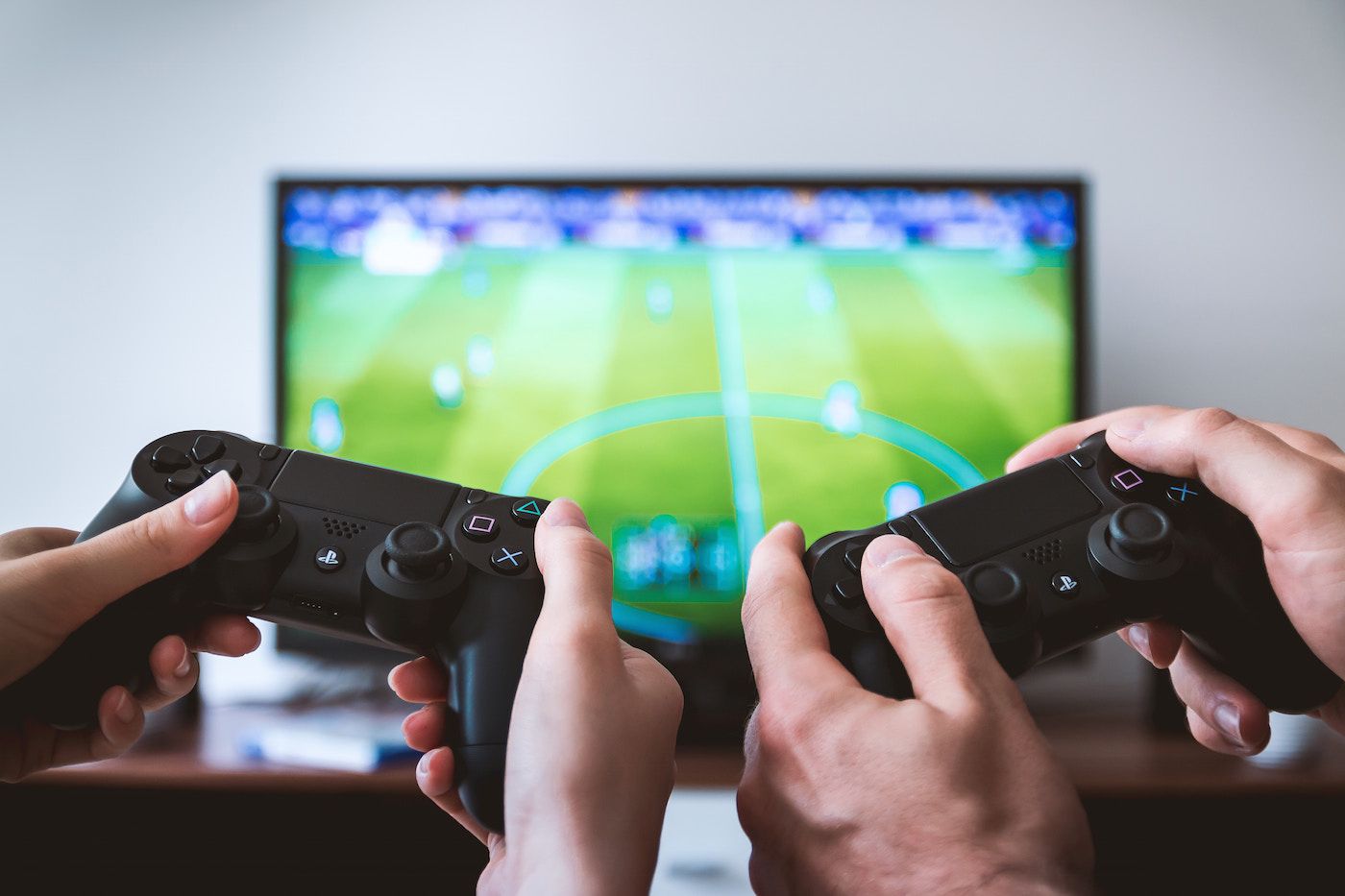What Our Kids Can Learn from Video Games
 Posted On
Posted On
During the pandemic, many games rose to popularity. At some point, everyone we know is playing Animal Crossing. They even bought their own Nintendo Switch solely to join the Animal Crossing craze. So, at the end of 2020, it’s not surprising when it was reported that the video game industry made about $180 billion. It also earned more than the movie and sports industries combined.
Because of this dramatic spike in video game playing, we, as parents, grew worried. Kids aren’t meant to lounge on the couch all day long, staring at screens. This is true, of course. But it’s important to note, though, that playing video games isn’t a total waste of their time. They can still gain lifelong knowledge and skills from it–all of which would highly benefit them in the future. Here’s how.
Hand-Eye Coordination
When we watch our kids play their favorite video games, many of us can’t help but be impressed by how they easily handle the controller of their Playstation or the mouse and keyboard of their gaming computer. This is why many scientists and researchers are interested in learning how the hobby could impact our motor skills.
Among the many studies on this matter, one was published in Psychological Science. It explores how playing video games could make a positive impact on the players’ visuomotor control. We mostly know this as hand-eye coordination. This is a skill that many learn from playing physical games such as tennis, basketball, and volleyball.
The researchers were able to confirm that, yes, playing video games can improve one’s hand-eye coordination. It’s especially effective if the game being played is an action-packed one such as Call of Duty or Assassin’s Creed. Such games feature players who are engaging in combat, stealth, and adventure.
Creative Imagination
No matter how people are giving grief about video games, no one could deny that, in some way, they are works of art. The visuals are enthralling and almost life-like. They have rich stories that players get deeply invested in. Through the most advanced technology, video game developers are able to create 3D models, vibrant illustrations, narrative arcs, and complementing sound and music. With this, it’s clear that the developers invested much of their time, effort, and, of course, imagination into this work.
As a result, our kids, who spent much of their time playing video games, can also develop the same level of creative imagination. As they play, they are continually inspired by the stories, characters, and technology that brings them to life. They can hone this skill and use it in their future careers. They can be accomplished illustrators, architects, writers, and other career paths that are driven by art.
Logic and Problem-Solving
It goes without saying that playing video games require a high amount of logic. Even if your kids are only playing, say, Angry Birds, they also have to apply a bit of physics to it. They had to gauge the angle of the slingshot to properly aim their target. The goal to win is fueling the players to work out the kinks and come up with solutions to the game. Thus, their skills in logic and problem-solving are being developed. But researchers have found that some games are more impactful than others.
Games such as Fallout deal with real-world problems. Through the action role-playing format, players get to explore a post-apocalyptic world that’s affected by the post-war culture in the United States. Because of the complex problems that players have to deal with in a game like this, they’re honing their skills in coming up with creative solutions. They can use this skill when they become the next generation of world leaders, trying to solve humanity’s biggest issues.
When the COVID-19 pandemic shook the world and the stay-at-home orders were enforced, our kids weren’t allowed to go out in public. Going to the park, especially at the height of the pandemic, was highly discouraged. The same went for playing with their friends because it would lead to physical interaction and possible coronavirus contraction. Naturally, they looked for other ways to stay occupied and entertained while at home. So they turned to video games.
Although we’re worried about our kids being too invested in their games, we also have to remember that they can still develop much-needed skills. And these skills could lead to fruitful careers and accomplishments in their futures. For now, what we, as parents, can do is to control their time with playing. Let’s just make sure that they’re still able to balance their schoolwork, social time with friends, and video game playing.

![7 Ways [pii_pn_971983fdb1bf1ebe929b] Will Improve Your Sex Life](https://d26toa8f6ahusa.cloudfront.net/wp-content/uploads/2022/05/10125459/apr2022-pii-email.jpg)
![who can fix the [pii_email_d87fd6d41489ef53e836] Error Code in 2022?](https://www.techfandu.com/wp-content/uploads/2021/06/pii_email_1636a48bbad506fb6d79-1384x752-1.jpg)















